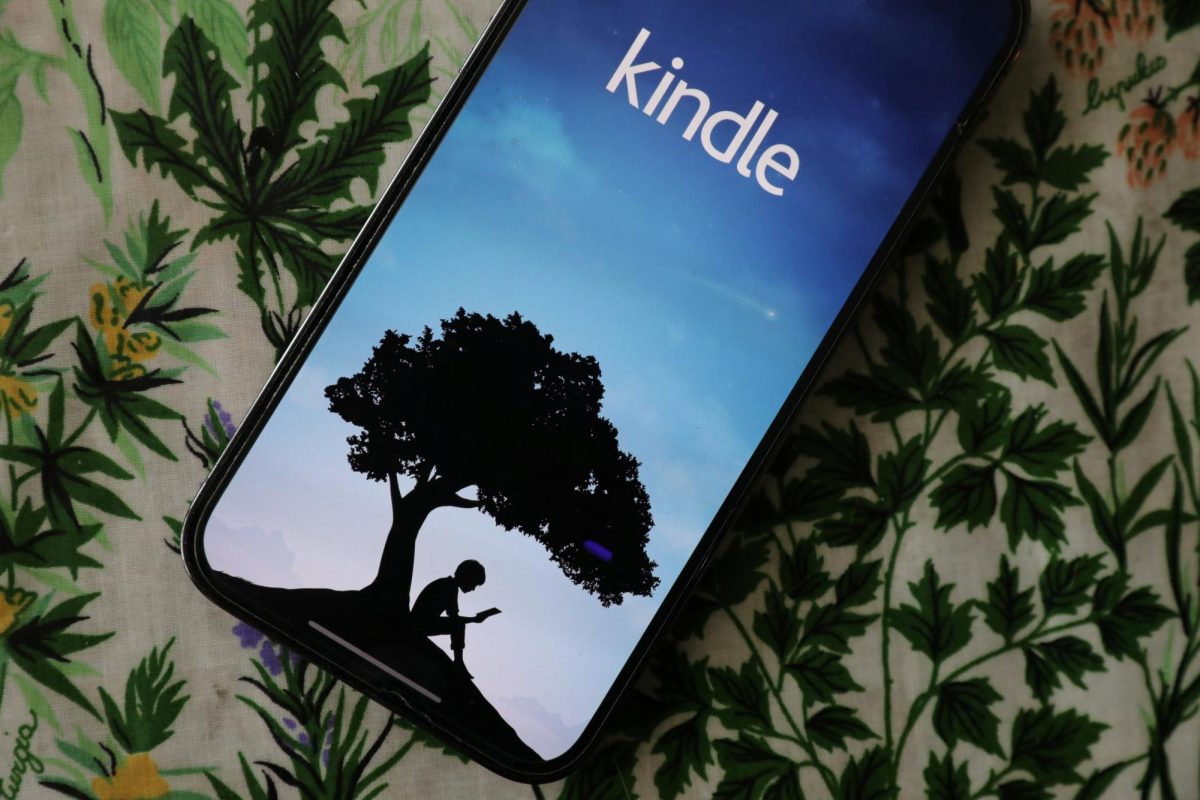In a world where opinions are abundant, and criticism often drowns out praise, movie reviewers have carved out a niche that, for many, has become synonymous with negativity. Their critical eyes, glued to the screen, might occasionally take away the pleasure of viewing a movie, which ought to be a pleasurable experience. It is crucial to understand how the typical moviegoer can rediscover the joy of movies without being constrained by critical judgment as we traverse the ever changing field of cinema.
Cinema is fundamentally an artistic medium that aims to arouse feelings in viewers and take them to other places. A movie’s main goal is to entertain, whether that mission is achieved through the heart-pounding suspense of an action scene or the heartbreaking pathos of a romantic drama. However, a lot of cinema critics approach their work with a cynicism that obscures the artistic vision in front of them. Reviewers scrutinize movies, calling attention to every loose thread in the story, pacing problem and problematic line choice, making viewers feel as though they had to pass a test in order to enjoy what they watch. Because of this unrelenting criticism, even the most amazing movies might come off as failures.
Think about the modern tendency of overanalyzing movies in relation to social concerns. While discussing a movie’s cultural ramifications is important, this kind of analysis sometimes takes away from the joy of good storytelling. Viewers may feel under pressure to adopt a similarly analytical perspective when a critic devotes more time to dissecting a film’s political connotations than its emotional appeal. This creates a society in which watching a movie is more important than appreciating it. Viewers might find themselves dwelling on perceived shortcomings rather than enjoying the experience to the fullest, which would reduce their satisfaction in general.
This critical worldview has been further cemented by the widespread use of rating systems. In a time when a film’s popularity can be determined by its star rating, viewers frequently feel pressured to evaluate a film based on the consensus of critics rather than their own enjoyment. This may discourage casual viewers from appreciating the movies they truly love. They might ignore a movie they might otherwise enjoy if it has a “rotten” rating, robbing themselves of the happiness it could have delivered. The fundamental reason we watch movies in the first place is undermined when the emphasis moves from internal involvement to external evaluation.
Furthermore, this problem has been made worse by the rise of social media. Instant reactions are possible on social media sites like Twitter and Instagram, but they also encourage a culture of hasty decisions. There is little opportunity for nuance when a movie is reduced to a single tweet or a quick review. When a critic tweets, “This movie is a mess,” they might not think about how it would affect prospective viewers. There could be a general apathy in movies that don’t cleanly fall into the critical acclaim box if people searching for a good movie are deterred from viewing it at all.
Thus, how can the common person learn to appreciate movies without giving in to the culture of criticism that has crept into our filmgoing habits? The solution is found in adhering to a few basic ideas. Moviegoers should first give themselves permission to see films in the ways that suit them. It is more satisfying to inquire, “Did I enjoy this?” as opposed to dwelling on the criticism of others. Did it elicit a reaction in me? A satisfying film experience must prioritize one’s own delight over the opinions of critics.
Secondly, viewers ought to understand that a movie does not have to be a masterpiece in order to be entertaining. The diversity of film is what makes it so beautiful; after a long week, a mindless action movie or a lighter comedy may be exactly what the audience needs. Accepting the idea of “guilty pleasures” enables people to enjoy movies for what they are, as opposed to what critics think they ought to be. The pleasure of watching a movie typically lies in its capacity to amuse, inspire contemplation, or offer a simple diversion from everyday life.
Furthermore, audiences ought to interact with movies in a group setting. Seeing a film with loved ones or friends can make it more enjoyable and encourage conversation that puts enjoyment before criticism. Gasps, laughs and tears together weave a vivid tapestry of recollections that goes beyond the movie itself. The charm of film is allowed to bloom when the emphasis changes from analyzing to appreciating. Even the most unremarkable movies may become unforgettable experiences when seen in a group, complete with inside jokes and shared nostalgia.
In addition, adopting a curious rather than judgmental perspective can assist audiences in rediscovering the excitement of movies. Consider what makes a film special rather than approaching it with a list of requirements. What feelings does it stir up? Which topics are resonant? With the weight of harsh criticism removed, this viewpoint invites audiences to interact with films more deeply and fosters an appreciation for the artistic endeavors involved in filmmaking.
It’s important to keep in mind the reasons behind our first film passion when we watch movies in this critical era. Movies are supposed to be enjoyable, thought-provoking and inspirational. A person might rediscover the simple delight of viewing a movie by putting aside their critical lens and embracing the art of enjoyment. By doing this, we not only improve our individual movie-watching experience but also foster a society that values the art of cinema in all its imperfections.
For viewers now, rediscovering the pleasure of viewing movies is crucial. Viewers may truly enjoy what filmmakers have to offer when they enter the cinema with open minds and emotions. It is possible to cultivate a cinematic culture that values the joy of shared experiences and the richness of storytelling by putting enjoyment above analysis. In the end, this strategy highlights the fact that movies’ real value is found in their capacity to uplift, inspire, and foster human connection.










julian • Oct 29, 2024 at 10:55 am
no it dont